目录
- 前言
- 一、为什么使用宏
- 1、Windows加载
- 2、linux加载
- 3、宏加载
- 二、具体实现
- 三、如何使用
- 1、引用头文件
- 2、添加导入宏
- 3、直接调用
- 总结
前言
开发的时候,有些项目不能静态链接动态库,需要程序运行时加载动态库,这个时候根据不同平台我们通常使用LoadLibrary或dlopen将动态库加载到程序中,并且还需要定义函数指针然后在获取函数地址,这一系列的操作其实时比较麻烦的,尤其是方法较多的情况,基本没法这么做,这时候就需要将这一过程进行适当的简化。让动态加载在方法较多的情况下尽量减少工作量。
一、为什么使用宏
一般的动态库加载流程
1、Windows加载
#include<Windows.h>
extern "C"
{
#include "libavformat/avformat.h"
}
//定义方法类型
typedef AVFormatContext*(*delegate_avformat_alloc_context)(void);
//定义方法指针
delegate_avformat_alloc_context dl_avformat_alloc_context;
HMODULE _hLibrary = nullptr;
//加载动态库
void ImportMethod()
{
auto _hLibrary = LoadLibraryA("avformat-58.dll");
if (!_hLibrary)
{
printf("error:load %s failed!\n", "avformat-58.dll");
return;
}
dl_avformat_alloc_context=(delegate_avformat_alloc_context)GetProcAddress(_hLibrary, "avformat_alloc_context");
if (!dl_avformat_alloc_context)
{
printf("error:%s load %s method failed!\n","avformat-58.dll", "avformat_alloc_context");
}
}
//卸载动态库
void UnImport()
{
if (_hLibrary) {
FreeLibrary(_hLibrary);
_hLibrary = nullptr;
}
}
//使用方法
void UseMethod() {
auto ic = dl_avformat_alloc_context();
}
2、Linux加载
#include <dlfcn.h>
extern "C"
{
#include "libavformat/avformat.h"
}
//定义方法类型
typedef AVFormatContext*(*delegate_avformat_alloc_context)(void);
//定义方法指针
delegate_avformat_alloc_context dl_avformat_alloc_context;
void* _hLibrary = nullptr;
//加载动态库
void ImportMethod()
{
auto _hLandroidibrary = dlopen("libavformat.so", RTLD_LAZY);
if (!_hLibrary)
{
printf("error:load %s failed!\n", "libavformat.so");
return;
}
dl_avformat_alloc_context=(delegate_avformat_alloc_context)dlsym(_hLibrary, "avformat_alloc_context");
if (!dl_avformat_alloc_context)
{
printf("error:%s load %s method failed!\n","libavformat.so", "avformat_alloc_context");
}
}
//卸载动态库
void UnImport()
{
if (_hLibrary) {
dlclose(_hLibrary);
_hLibrary = nullptr;
}
}
//使用方法
void UseMethod() {
auto ic = dl_avformat_alloc_context();
}
3、宏加载
很明显上述流程对于加载一个方法来说流程过于复杂,在遇到库比较多以及方法比较多的情况下,这种方法是很影响开发效率的。但是如果我们对上述流程进行宏包装,事情将会变得简单很多。比如上述引入ffmpeg的avformat_alloc_context方法只需要两行即可:
extern "C"
{
#include "libavformat/avformat.h"
}
//使用宏动态加载方法
DLL_IMPORT("libavformat.so", avformat_alloc_context);
#define avformat_alloc_context DLL_IMPORT_NAME(avformat_alloc_context)
//使用方法
void UseMethod() {
//与原方法名称一致,直接调用
auto ichttp://www.devze.com = avformat_alloc_context();
}
二、具体实现
我们通过宏包装上述两个流程即可,同时还需要结合c++11的decltype关键字。
DllImportUtils.h
//
// Created by xin on 2022/6/15.
//
#ifndef DLLIMPORTUphpTILS_H
#define DLLIMPORTUTILS_H
void* GetDllMethodPtr(const char*dll,const char*method);
#define DLL_IMPORT(dll,method) decltype (method)* dllImport_##method; \
namespace { \
class A##method{ \
public: A##method() { \
javascript dllImport_##method = (decltype(dllImport_##method))GetDllMethodPtr(dll, #method); \
} \
}; \
A##method a##method; \
}
#define DLL_IMPORT_NAME(name) dllImport_##name
#endif
DllImportUtils.cpp
#include"DllImportUtils.h"
#include<map>
#include<string>
#include<stdio.h>
#ifdef _WIN32
#include<Windows.h>
#define ACLoadLibrary(name) LoadLibraryA(name)
#define ACGetProcAdress(dll,name) GetProcAddress((HMODULE)dll,name)
#else
#include <dlfcn.h>
#define ACLoadLibrary(name) dlopen(name,RTLD_LAZY)
#define ACGetProcAdress(dll,name) dlsym(dll,name)
#endif // _Win32
std::map<std::string, void*>* _dllMap = nullptr;
class DllMapDisposer {
public:
~DllMapDisposer() {
if (_dllMap)
delete _dllMap;
}
};
static DllMapDisposer _disposer;
void* GetDllMethodPtr(const char* dll, const char* method)
{
if (!_dllMap)
_dllMap = new std::map<std::string, void*>;
auto iter = _dllMap->find(dll);
void* hm;
if (iter == _dllMap->end())
{
hm = (void*)ACLoadLibrary(dll);
if (hm)
{
(*_dllMap)[dll] = hm;
}
else
{
printf("warnning:load %s failed!\n", dll);
}
}
else
{
hm = iter->second;
}
if (hm) {
auto methodPtr = ACGetProcA开发者_自学开发dress(hm, method);
if (!methodPtr)
{
printf("error:%s load %s method failed!\n", dll, method);
}
return methodPtr;
}
return nullptr;
}
三、如何使用
1、引用头文件
引用需要导入方法的头文件
extern "C"
{
//需要导入方法的头文件
#include "libavformat/avformat.h"
}
#include"DllImportUtils.h"
2、添加导入宏
//参数为库的名称和需要导入的方法
DLL_IMPORT("libavformat.so", avformat_alloc_context);
#define avformat_alloc_context DLL_IMPORT_NAME(avformat_alloc_context)
3、直接调用
void UseMethod() {
//与原方法名称一致,直接调用
auto ic = avformat_alloc_context();
}
注:当前版本不支持卸载库,程序启动时方法就会被立刻加载。支持跨平台,Windows、Linux都可以使用
总结
以上就是今天要讲的内容,本文讲述的方法很大程度的减少了工作量,而且可以不需要改代码原有逻辑和方法名称,适合需要动态加载不同版本的库或者依赖库的glibc不相同时的场景使用。
到此这篇关编程于C++使用宏实现动态库加载的文章就介绍到这了,更多相关C++动态库加载内容请搜索我们以前的文章或继续浏览下面的相关文章希望大家以后多多支持我们!
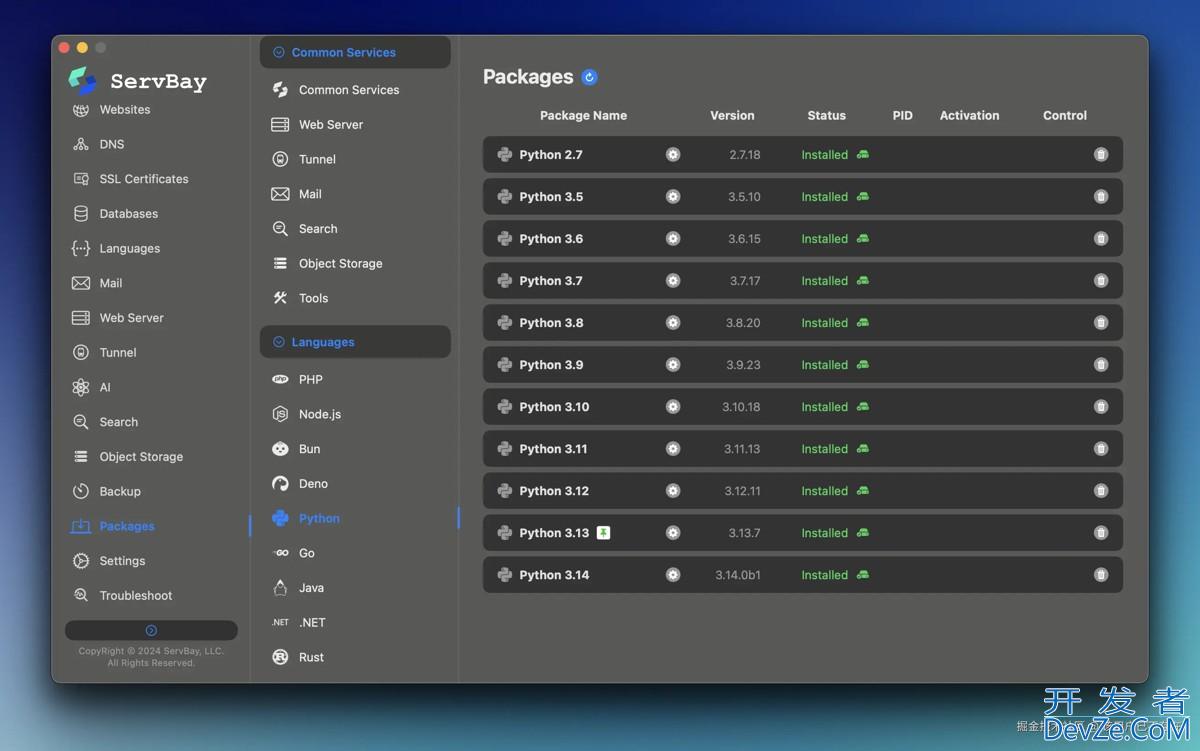
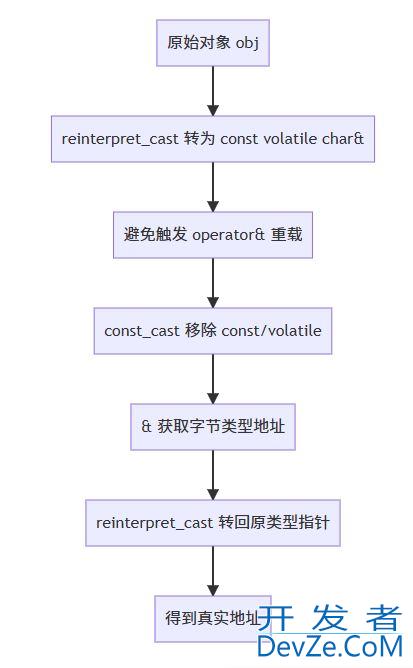
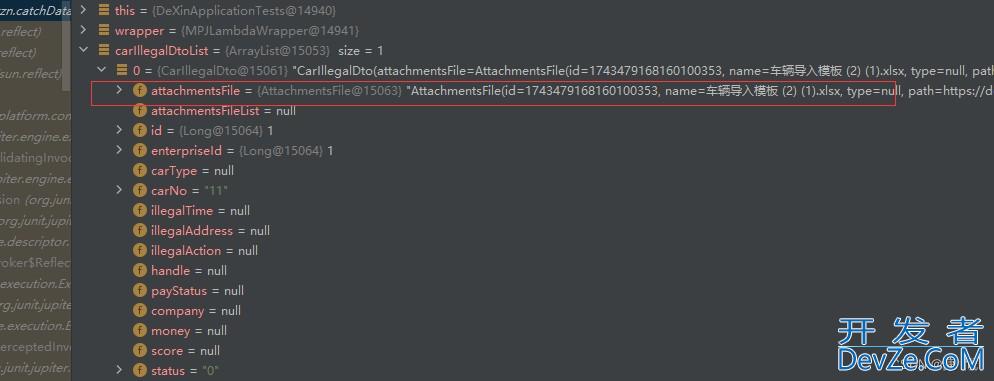

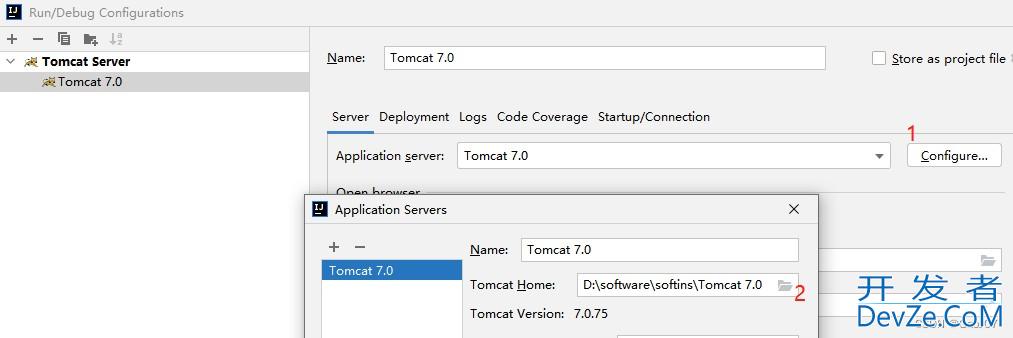
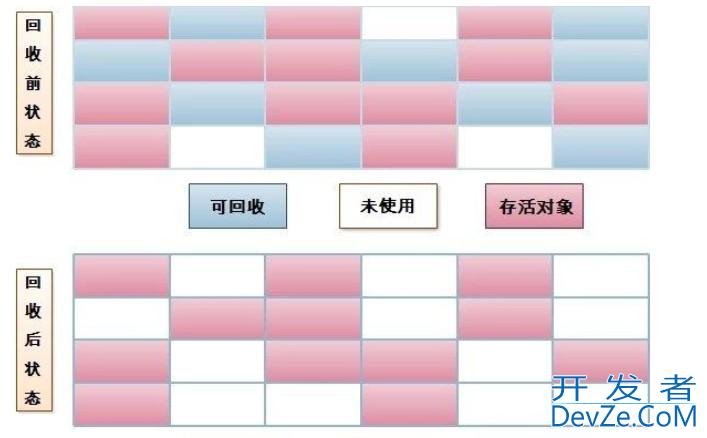
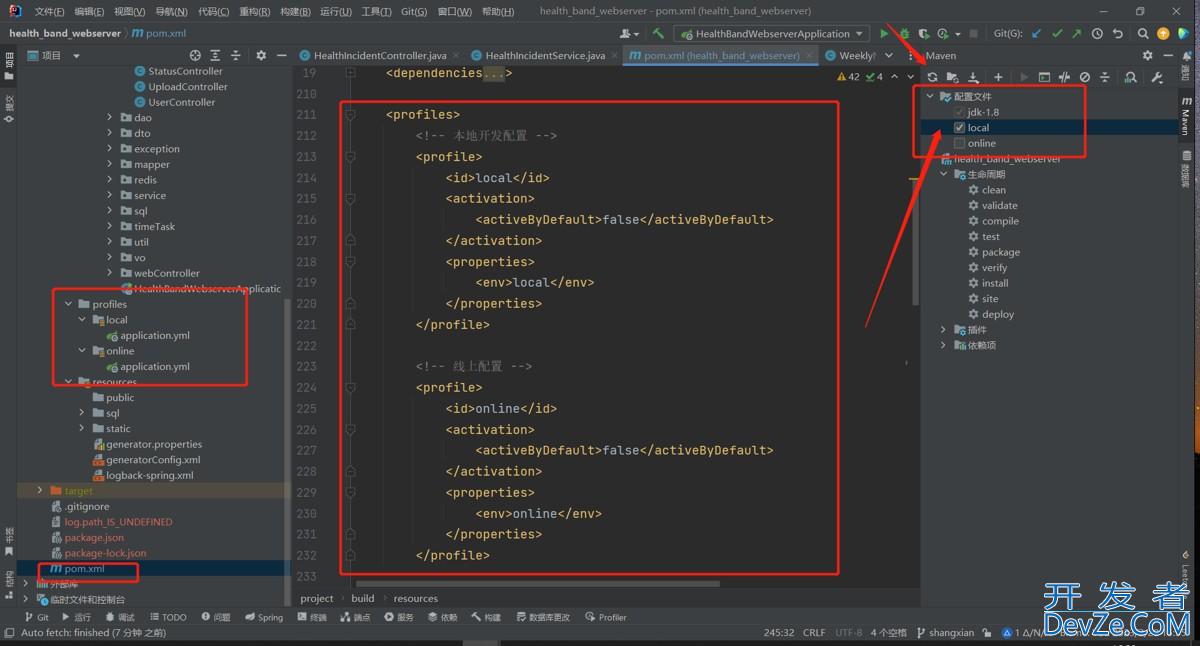
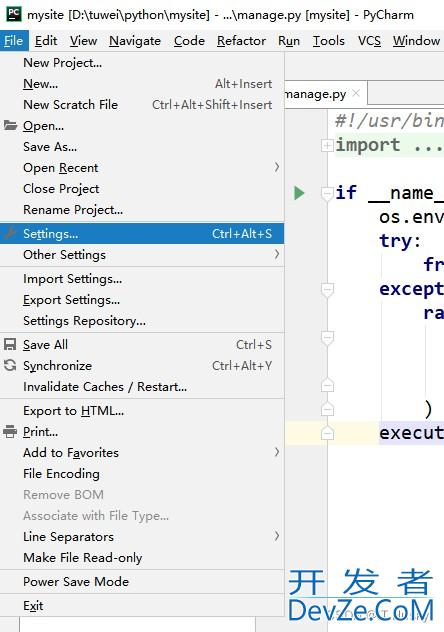
 加载中,请稍侯......
加载中,请稍侯......
精彩评论